Today is another OAT interaction with the local population,
starting with the Tloma Elementary School which is the beneficiary of OAT’s
non-profit Grand Circle Foundation
support.
Our group (minus two, including Phyllis, who stays at the Lodge battling
a stomach ailment) visits the school carrying textbooks that are being donated
by the Foundation, plus assorted school supplies that members of the group have
brought themselves. We stop in a third
grade classroom where the students sing songs in English that they are just
starting to learn. Afterwards we hand
out the school supplies and then sit down with them at their desks as they read
from their textbooks in Swahili. One
thing that stood out to Craig was noticing that while many
of the students had
nice uniforms on, there were several who had no uniform at all or were sporting
a badly worn uniform sweater with big holes in it. The uniforms are the primary item that the
families have to supply and some families simply cannot afford them.
We next went to a sixth grade room where we
again listened to them sing (in English; by this age they are quite good) and
then, ended with a presentation, including dancing, from a seventh grade group
who are nearing graduation. Public
education is free through seventh
grade in Tanzania, at which point the
children take exams to determine if they are eligible for government-provided
secondary education. These seventh
graders are preparing for their “finals” but take the time to spend some time
with us. There is also a strong network
of private schools at all levels in Tanzania, in which English is heavily
emphasized, but these schools are quite costly.
The government schools teach Swahili primarily, since it is the national
language, with English as a required second language. Still it is surprising how much good English
one hears spoken throughout the country.
After leaving the school we travel to a “quarry” of sorts
where they are making the mud bricks used in most of the home
construction. Families come here to work
and use the bricks themselves or sell them and keep the money. You see some pretty small kids hauling around
some pretty heavy mud and bricks. We
spend some time in the home of the man who runs the brickyard and then head off
to the “market.
The market was not originally on the schedule, but it is the
once-a-month gathering in that region where people show up with cows, sheep,
shoes, radios, clothing, you name it, and we
prevail upon our guides to
stop. It is classic “learning and discovery”
and, to their credit, they immediately agree though they do ask us to try to be
back at the jeeps in 15 minutes. Fat
chance given the five to ten acres the market covers. When we stop we are immediately besieged by
young people wanting to sell us tourist items, but as we move through the
market they drop away and we have a great time just walking around and
observing. Craig is tempted but decides
against the roast goat.
One of the interesting observations along the route was
watching a bus pull up to pick up passengers along the road. As we have observed in the past, every time
this happens there are free-lance “agents” who try to get a person to get on a
particular bus, for which they are
paid some form of commission. In this instance the prospective passenger
was a very old lady trying to get onto a bus only to have two “agents” compete
for her business by simultaneously grabbing her bags and pulling them in
different directions. She looked pretty
shell shocked as her stuff was flying out of the bags in the struggle. We drove past before we could see who won her
business.
This evening is our farewell dinner for the group, since not
everyone is going on the upcoming Zanzibar extension. (Phyllis is improved enough to
participate.) Ronald, Samson, and Joseph
join us before the meal for a round table commentary by everyone of what each
person found most meaningful or striking about the trip. Ronald also presents us each with a surprise,
a beaded bracelet made for us by the women back in the Maasai village
we
visited, complete with each of our names, correctly spelled, in beads. Lobulu brought them all the way to the Tloma
Lodge for us as a farewell gift. Knowing
that the Maasai walk everywhere and that quite a distance was involved, we
asked how he managed, and learned that modern Maasai do in fact take a bus
occasionally. Still that was an incredible
gesture. (Another touch of the modern
world’s intrusion: Ronald commented that he had texted the names to Lobulu upon
his request.) In closing, we all
compliment the guides and how well the logistics were planned and executed, and
of course we were all amazed by the variety, profusion, and proximity of the
wildlife. Safe to say, the experience
exceeded everyone’s expectations.

 Tloma Lodge, Mkoa wa Arusha, Tanzania
Tloma Lodge, Mkoa wa Arusha, Tanzania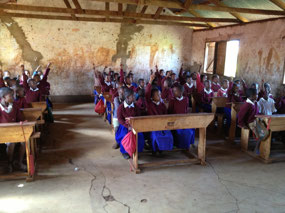
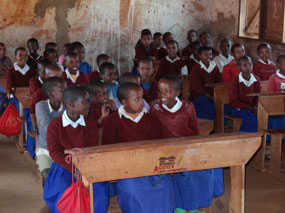
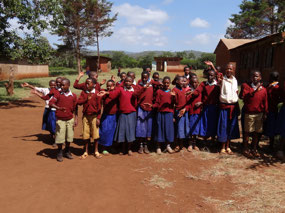
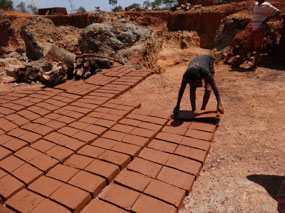
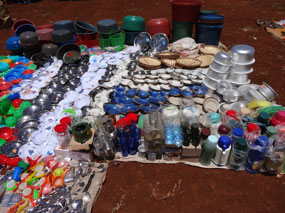
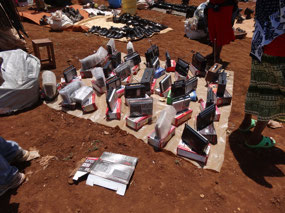
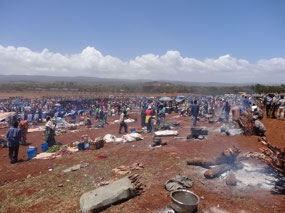




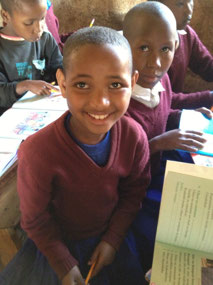
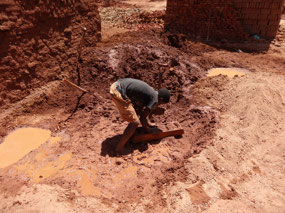
2025-05-23